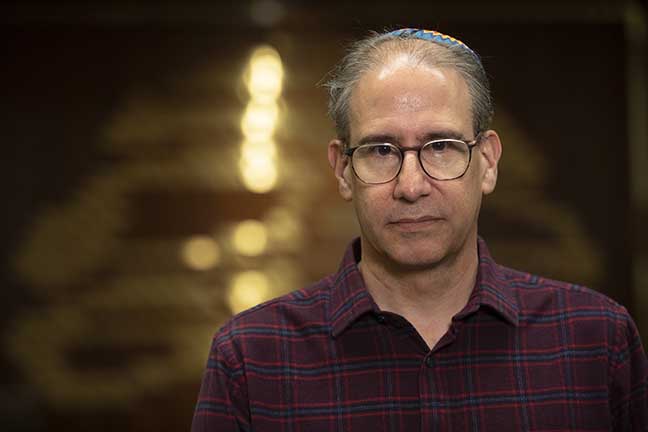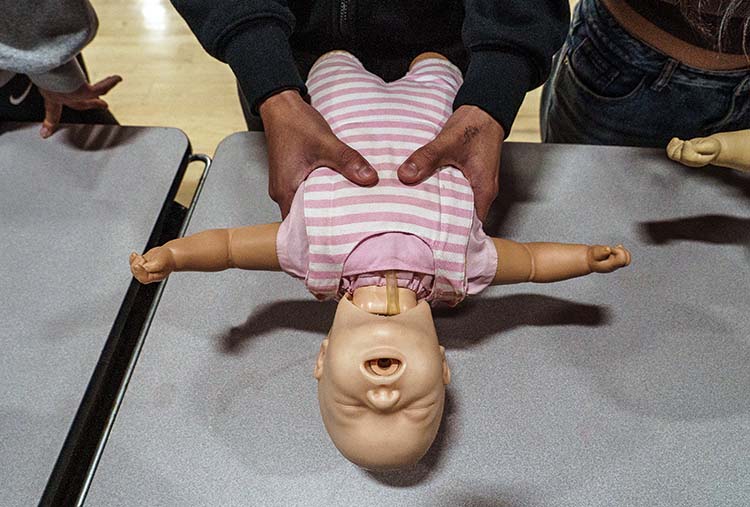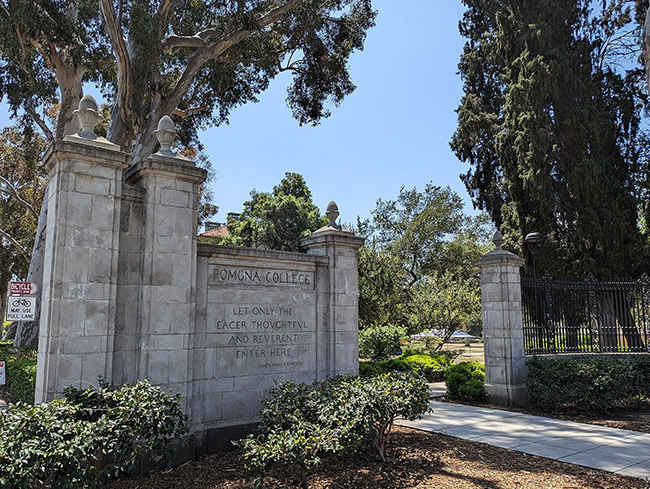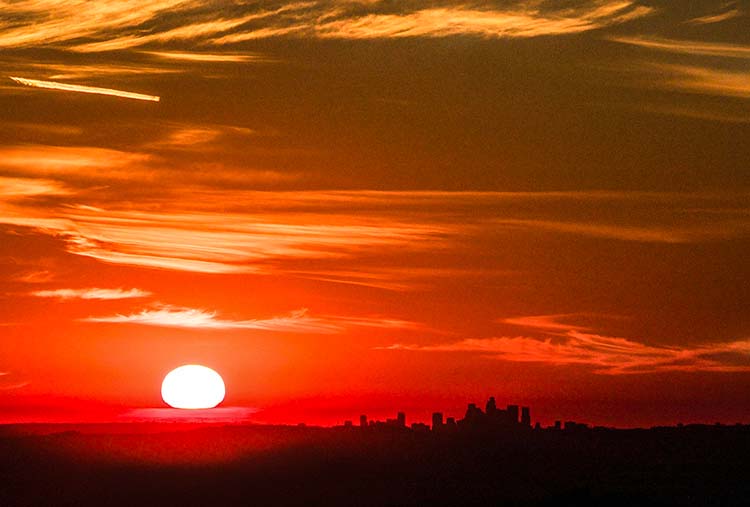Local Jewish leaders speak out on war in Gaza: Rabbi Jonathan Kupetz

Rabbi Jonathan Kupetz, from Pomona’s Temple Beth Israel. Courier file photo
by Mick Rhodes | editor@claremont-courier.com
Rabbi Jonathan Kupetz, from Pomona’s Temple Beth Israel, spoke to the Courier via text on Wednesday, November 8.
How difficult has the last month been for you and your constituents/fellow congregants?
“This last month has been traumatic for the Jewish community around the world. For many of us, the attacks on October 7th triggered painful memories of Jewish history — antisemitism, pogroms, and the Holocaust. Many of us know people (or know people who know people) who were killed or taken hostage. The Jewish people see themselves as part of an extended family, so it feels as if our family members were attacked and murdered.”
Have any elements of Israel’s response to October 7 caused you concern? If so, please elaborate.
“The 1,400 Israelis who were murdered by Hamas on October 7th was also made possible by a massive intelligence failure by the Israeli government. The inquiries for this failure will come after the war is over. For now, Israel’s first priority should be the release of the 240 hostages being held in Gaza. Innocent civilians, including infants, elderly, and whole families have been held hostage for over a month. Additionally, Israel feels it must defeat Hamas. This is the only way that Israel can ensure its citizens’ safety in light of Hamas’s declaration that more attacks like the one on October 7th will follow. However, defeating Hamas puts many civilian lives at risk. That is what makes the situation so devastating and heartbreaking.
“Israel needs to do all it can to limit civilian casualties. The death of children on both sides of the border haunts me and keeps me up at night. It is important to note that Hamas uses Palestinian civilians as human shields — placing its rockets and leaders in and under schools, apartment buildings, and hospitals. This is especially dangerous as Gaza is one of the most densely populated places on earth. So, going after Hamas’s leaders and infrastructure inevitably leads to many civilian deaths. It is an impossible situation with no good path.”
Does opinion vary among your congregants as to how Israel is conducting this war? If so, what are those concerns, and what do you tell those who have misgivings?
“Of course, like any community we have a diversity of opinions. I listen to those who have misgivings about Israel’s invasion of Gaza and to those who support it. Often people in the same family have opposing views as to what the path forward should be, and it has created conflict in many families. This is a very challenging and morally complex situation, and I would expect people to have different views.”
Do you think Israel should have a pause or ceasefire to try and minimize civilian casualties and allow time to move in humanitarian aid?
“A humanitarian pause should be used as an opportunity for Hamas to release hostages, especially the infants, elderly, and injured being held captive. Although any pause will give Hamas the opportunity to regroup and prolong the war, the release of hostages is of paramount importance. It should be noted that in preparation for this war, Hamas stored vast amounts of food and fuel, and none of it is going to civilians, only to the Hamas fighters and its weapons systems. When fuel trucks were initially let in to support hospitals, Hamas seized the trucks and stole the contents to use for its own purposes.
“Currently, the US administration and the Israeli government are trying to find ways to institute humanitarian pauses and ensure that the supplies get to the Palestinian civilians and are not diverted to Hamas. It is essential that this happens because the humanitarian needs are great.”
Some critics of Israel’s response are calling it genocide or ethnic cleansing. What is your opinion?
“The very large number of civilian deaths in Gaza is tragic. The definition of genocide under international law requires both a large number of deaths of a certain group and an intent to destroy a national or ethnic group in whole or in part. Israel’s intent is targeting Hamas, not the Palestinians as a whole. I think it is also important to remember that Israel was dragged into a war it did not start. But, Israel feels it simply cannot avoid this war because of its responsibility to protect its citizens.”
I’ve heard more than one Israeli scholar and/or official say Netanyahu’s hard line response is creating a new generation of antisemites. What do you think about this assertion?
“We have seen a very significant increase in antisemitism which had already been at an all-time high. We, along with most Jewish communities, have had to increase the security at our synagogue. Many Jews are feeling under attack. It saddens me that our students who are on college campuses report not feeling safe.
“While one may disagree with Netanyahu and the Israeli government’s response to the atrocities of October 7th, it crosses the line into antisemitism when the response denies Israel’s right to exist. Israel is the homeland of the Jewish people. It is my hope that one day a Palestinian state will also live in peace and security beside Israel. Like any country, Israel will protect its citizens and its future. As Israel’s former Prime Minister Golda Meir famously said, ‘We have no other place to go.'”










0 Comments